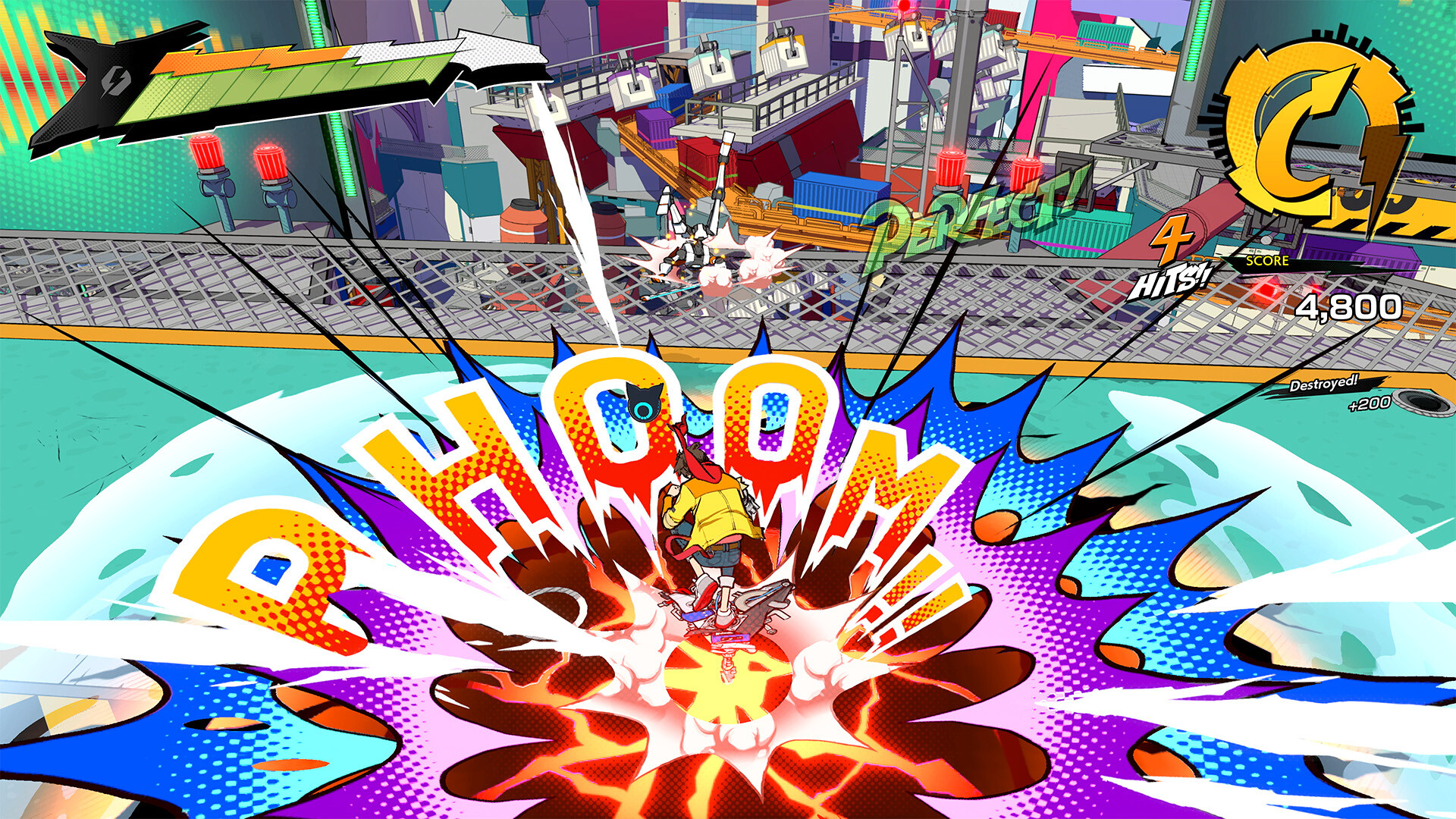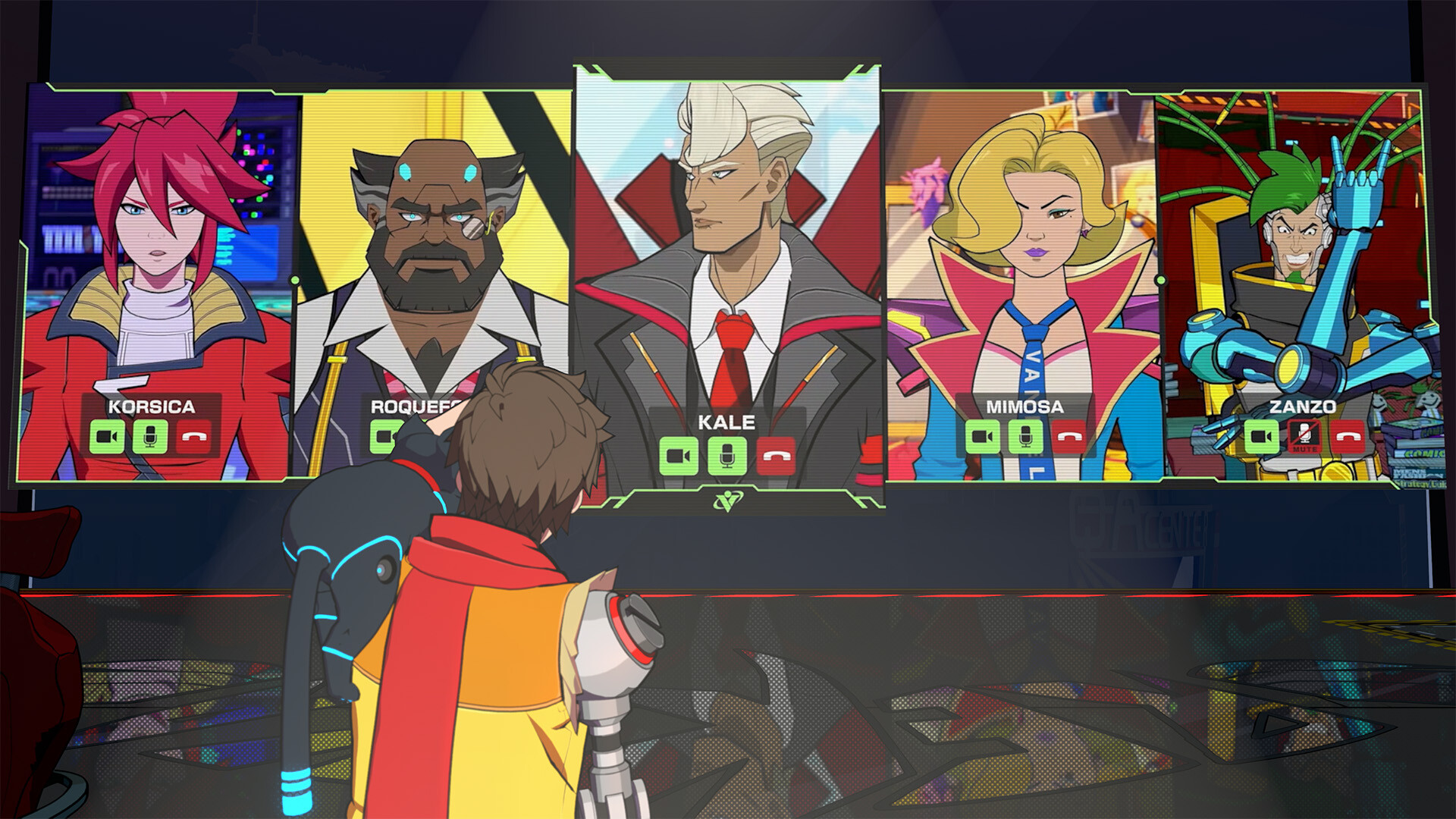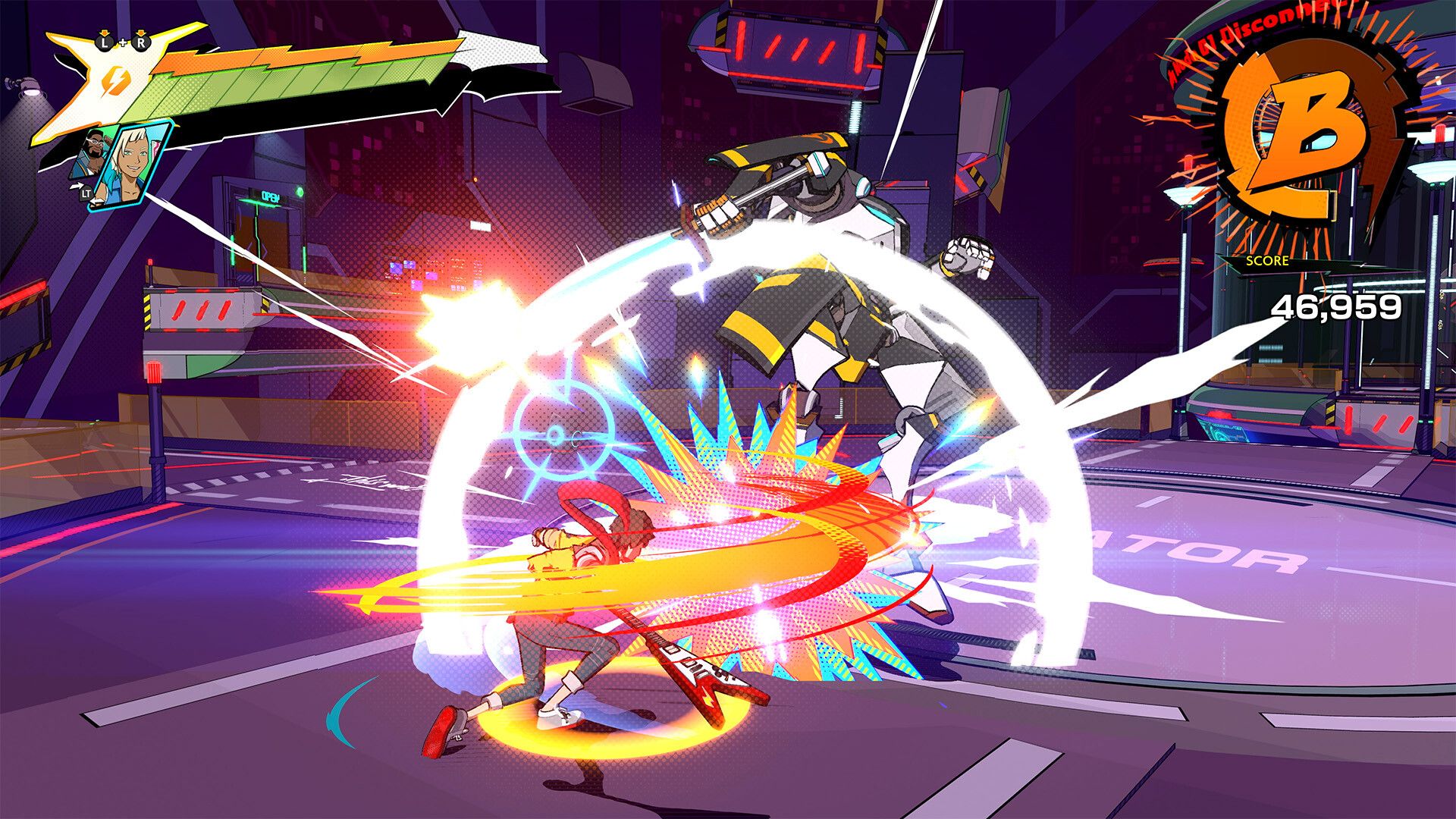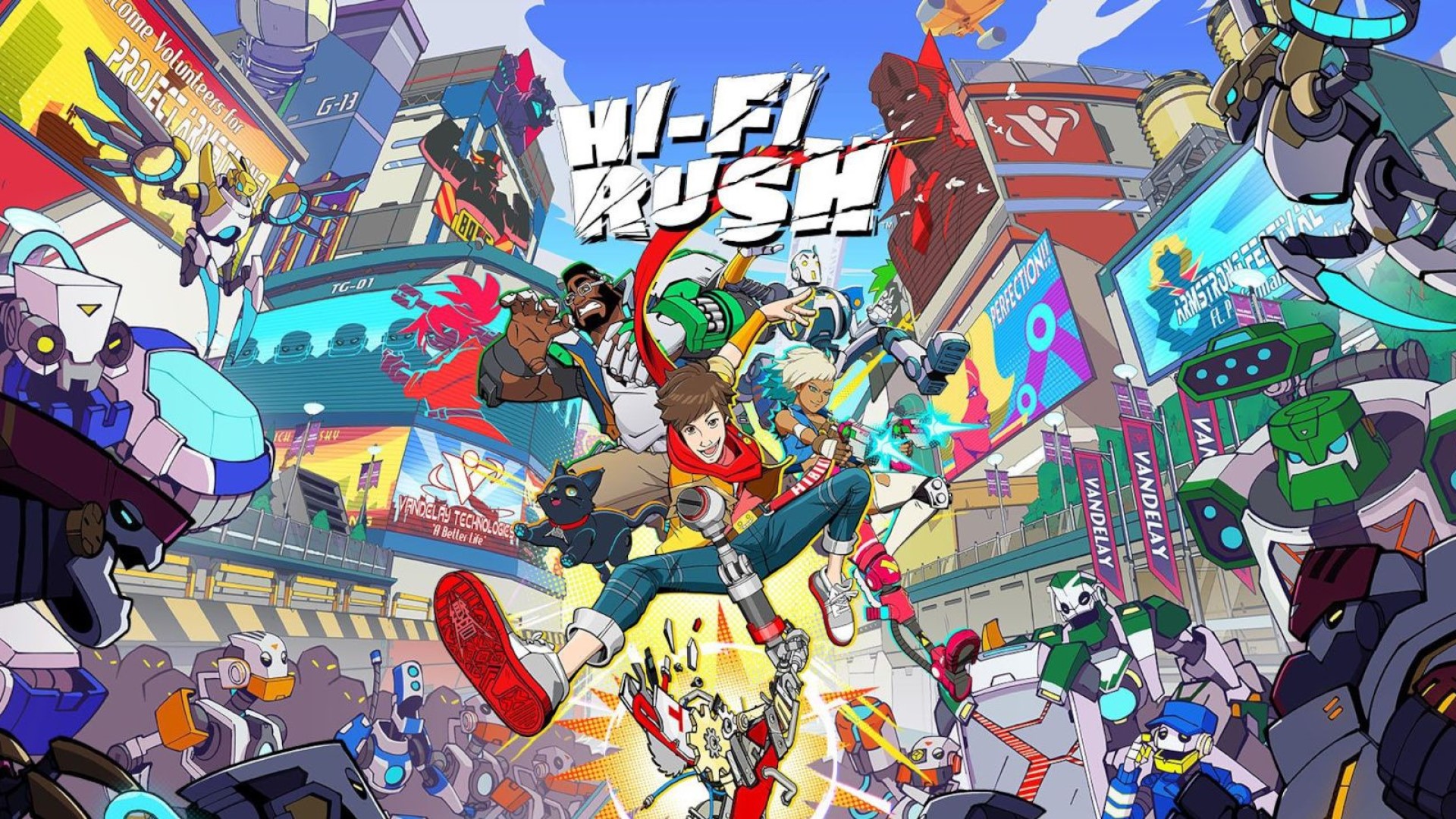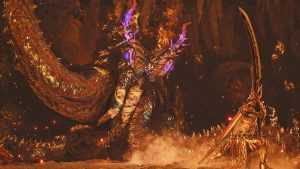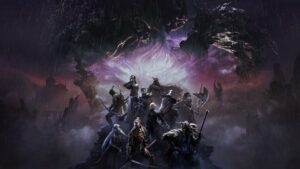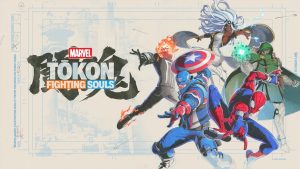
A lot was said about how Xbox desperately needed to get its first-party act together. How it had to provide better communication on what to expect, the status of its current first-party roster and, most importantly, releasing exclusives that players would care for. So it’s somewhat ironic that its current hottest title was shadow-dropped after the first ever Developer_Direct with almost no fanfare beforehand.
Tango Gameworks’ Hi-Fi Rush is something wholly unexpected by the studio. Directed by John Johanas of The Evil Within 2 fame, it’s a character action game with an over-the-top and colorful art style, campy writing that doesn’t take itself too seriously, and rhythmic action. Though rumored before the Direct began and expected to have some “play now” element, no one expected Hi-Fi Rush to simply release hours after the event.
Available for Xbox Series X/S and PC, along with Game Pass, Hi-Fi Rush hit eighth in revenue in Steam’s Weekly Global Top Sellers chart for the week ending January 29th. Not only did it have competition from Motive Studio’s eagerly awaited remake of Dead Space, but Luminous Productions’ Forspoken, a triple-A action RPG exclusive to PS5 on consoles.
Of course, Forspoken failed to enter the top ten at all. About a week later, Hi-Fi Rush is still the 12th best-selling game on Steam globally, while Forspoken is in 133rd place, meaning Xbox managed to upstage Sony for once.
Furthermore, Hi-Fi Rush generated more revenue despite selling at a lower price and being available on Game Pass. Given that it was pitched in 2017, way before Xbox even purchased Bethesda or GhostWire: Tokyo released, it’s incredible that it turned out so well. The question everyone has to ask now is: What’s next?
It’s a surprisingly tough one to answer. Hi-Fi Rush is about Chai, who participates in Vandelay Technologies’ Project Armstrong to become a rockstar. Believing it to be a cybernetic limb replacement program, Chai is faced with a dilemma when his music player fuses with his new limb’s control mechanism. It allows him to feel the beat constantly, whether in the environment or combat. Manifesting a guitar as a weapon, Chai escapes from Vandelay’s robotic forces after being labeled a defect by Kale, the CEO.
He eventually meets a robotic cat named 808, controlled by someone named Peppermint. Upon meeting Chai, Peppermint reveals that more is going on with Project Armstrong than meets the eye. By working together, they discover that the project is about using an AI program called SPECTRA to mind control people using the implants. Together with Macaron, former R&D at Vandelay; CNMN, his robot; and Korsica, chief of security, the crew sets about retrieving passkeys from Vandelay’s top executives to shut down SPECTRA.
Peppermint eventually reveals that she is Kale’s sister and was encouraged by her mother, Vandelay’s founder Roxanne, to discover her calling. However, things took a turn when Kale became CEO, prompting Peppermint’s investigation. It’s revealed that Roxanne is being mind-controlled by Kale.
Project Armstrong is essentially a plan to manipulate purchasing habits, forcing consumers to purchase more Vandelay products. Chai fights and defeats Kale, who mysteriously explodes upon being defeated. The group thus manages to shut down SPECTRA and avert catastrophe.
Roxanne becomes CEO once more, and it’s a happy ending for everyone. Chai considers joining Vanderlay after receiving an offer as a “fallback career,” but eventually, various SPECTRA signals pop up. Confused since they believed the program to be shut down, Chai investigates. These “signals” lead to some especially brutal SPECTRA Rooms, which require mastery of various mechanics to complete.
Upon completing all sixteen, Chai unlocks a mysterious room, and a backup SPECTRA protocol activates. A digital version of Kale suddenly appears, explaining that it was all part of his master plan. Just when it seems like players will have to defeat a more powerful version of Kale, everything suddenly shuts down.
That’s because a cleaning robot, SCR-UB, accidentally disconnects the power cable during Kale’s monologue. To ensure this crisis never happens again, Chai leaves a helpful “Do Not Touch” note on the disconnected plug before leaving.
So while Hi-Fi Rush is committed to the camp and over-the-top heroics of its cast, the story is pretty neatly wrapped up with no lingering threads. Sure, Kale’s fate is still left ambiguous, but he’s still defeated. His big plan – and its backup – were pretty much scuttled. Chai isn’t sure he learned any over-arching lesson from his entire journey but is happy and surrounded by friends. It’s about as picturesque as an ending can get.
A sequel isn’t fully out of the question – you could always have Kale making a dramatic return, teaming with a rival corporation to do some new nefarious things. Cue Chai and friends to the rescue. Then again, they could also go on vacation to some tropical island and discover a mysterious entity that must be stopped before a global disaster occurs. When viewed like a Saturday morning cartoon, the possibilities are endless.
As a video game, these ideas may come across as too quaint, but on the other hand, the strength of Hi-Fi Rush’s storytelling isn’t in excessive complexity. It’s in the execution, the humor and the hijinks that Chai engages in, mixing heroics with comedy and keeping the tone light.
If anything, DLC seems more likely. Both of the previously mentioned storylines could be told in an expansion, allowing for more songs and scenarios, additional challenges, and a few more hours of gameplay. The development turnaround would be quicker and would probably fit better given the first game’s ending. Even if Xbox and Tango Gameworks can (and most likely will) explore franchise plans for Hi-Fi Rush, it’s hard to say if the demand for a full-fledged sequel will be as high after a few years.
Perhaps it’s for the best. The game isn’t too long – it only takes 11 to 13 hours to beat if you’re taking your time with the story, with the SPECTRA Rooms probably adding another hour. That makes it the most ideal for a service like Game Pass. Like a new Netflix series or season, players can simply drop in, experience the entire thing, and drop out after a few days. It’s similarly not a huge time investment for those who have never played something like this.
The timing of its release is also nice, serving as a pit-stop before bigger games like WILD HEARTS, Atomic Heart, and more launch in February. It’s kind of crazy that everything fell into place for Microsoft like this, but Hi-Fi Rush is something that we’ve been asking from the company for a long time now: A game with a focused vision that’s unique and offers fun, well-executed gameplay without any hang-ups, excessive monetization or major issues.
How Xbox chooses to leverage it in the future remains to be seen. If nothing else, however, it shows there’s plenty of room for character-driven, relatively linear titles with interesting gameplay mechanics on Game Pass that don’t overstay their welcome. If a follow-up or expansion happens, here’s hoping Tango Gameworks can retain that appeal while further expanding on Chai’s universe.
Note: The views expressed in this article are those of the author and do not necessarily represent the views of, and should not be attributed to, GamingBolt as an organization.








